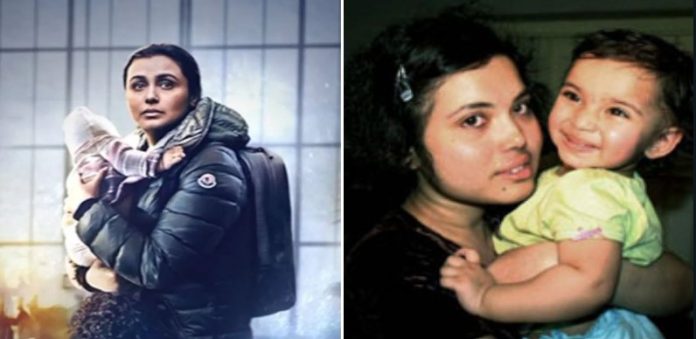
“Mrs. Chatterjee vs Norway” Film: A Deep Dive Into Cultural Clashes And Parental Rights
Date:

Share post:
Rani Mukherjee’s “Mrs. Chatterjee vs. Norway” is a film that explores the concept of cultural differences and clashes between India and Norway. The film is based on a true story of a Norwegian-Indian couple who had their children taken away by the Norwegian Child Welfare Services (CWS) due to alleged negligence.
The movie raises questions about the balance between the parents’ rights and the children’s welfare, cultural differences, and the role of governments in ensuring that cultural diversity is respected. The film begins with the protagonist, Mrs. Chatterjee, portrayed by Rani Mukherjee, a successful Indian woman traveling to Norway with her Norwegian husband and daughter. Once they reach Norway, they are immediately faced with cultural differences, including language barriers and different social customs. The family’s trouble begins when their daughter, Aisha, falls ill due to a milk allergy. Mrs. Chatterjee takes her to the hospital, where she is accused of neglect and not providing adequate medical care.
The situation worsens when the CWS gets involved and takes custody of Aisha and her younger brother because they believe the parents are unfit to care for the children. Mrs. Chatterjee is outraged by this decision and hires a lawyer to fight for her children’s custody. She faces numerous obstacles, including language barriers and cultural differences in the legal system, making it difficult to prove her innocence
The movie portrays the cultural differences between India and Norway in several ways, including how the characters dress, their social customs, and their language. The film highlights the challenges people face when moving to a different country, including adapting to new cultures and customs. The film also raises questions about the balance between the parents’ rights and the children’s welfare. While the CWS’s main goal is to protect the children, the film questions whether their actions are always in the children’s best interest. The movie suggests that cultural differences can lead to misunderstandings and negatively affect how authorities view a family’s parenting skills.
Additionally, the film brings attention to the role of governments in ensuring that cultural diversity is respected. The film suggests that governments should be more aware of cultural differences and have policies to protect the rights of families from different cultures. The movie also highlights the importance of cultural exchange and understanding to prevent misunderstandings and conflicts.
In conclusion, Rani Mukherjee’s “Mrs. Chatterjee vs Norway” is a thought-provoking film that explores cultural differences and clashes between India and Norway. The film raises important questions about the balance between the rights of the parents and the welfare of the children, the role of governments in protecting cultural diversity, and the importance of cultural exchange and understanding. Overall, the film sends a powerful message about the need for cultural sensitivity and knowledge in today’s globalized world.
